Secure Your Next Research Position Today!
Written by: Sidd Sen | Edited by: Nathan Hahn
Any pre-med student has two words seared into their mind when they think about extracurriculars: research and clinical. It is no secret that both research hours and clinical hours are crucial parts of a medical school application, yet it can be overwhelming when first wondering how to break into these fields. Well, this blog is my best attempt to divulge everything I know about my research position: how I got it, how it is helping me right now, and how I see it evolving in the future.
Getting Started
One word is thrown around a lot when talking about getting into any competitive position: nepotism. And this is partially true, having a connection with a grad student or principal investigator of any given lab could get your foot in the door! But, for the rest of us, the tried-and-true method of cold-emailing is still the best way forward. Email labs researching a topic you have a genuine interest in – and hopefully, some experience in, if possible. With a thought-out and personalized email for each lab, you will be sure to get some offers to meet. Don’t get discouraged if it takes a while! Cold-emailing is notorious for being tedious but effective, and it is commonplace to send 100 emails before getting one interview offer(I sent 120!) But, keep at it, and your diligence will be rewarded.
Day in the Life
I currently research at a neuroscience lab at UCSF. I conduct wet lab experiments twice a week in person, and it is all I could ever ask for! A typical Friday involves a bleary-eyed 7 am alarm, bagel breakfast, and on the BART by 8:03 precisely. After a quick zip over to Market Street in SF, I walk a block, catch a bus, and stroll into the lab no later than 9 am. Eight hours later, I do the whole journey in reverse and catch dinner at Crossroads by 7 pm. Rinse and repeat.
What I Have Learned
Specifically, the project I help on is investigating whether the hormone progesterone is causing meningioma tumor growth in women, who are more than twice as likely than men to develop meningiomas. Technically, I’ve refined my tissue culture skills, learned how to perform valuable experiments like qPCR and Western blot, and picked up the basics of data analysis. However, the impact of working in a research environment goes far beyond the quantitative. I have begun to understand the methodology of designing an experiment from start to finish, how to set up controls, test your genes of interest, and analyze the results. I have gained practice in troubleshooting, adapting when your experiment goes wrong, and implementing failed trial runs into the next iteration. Both quantitatively and qualitatively, working in a research lab has changed me wholly for the better.
Looking Forward
Working in a research lab is a requirement for medical school for a reason. My experiences have confirmed my interest in the technically demanding world of medicine, as well as preparing me for what comes next. Research is only one of the extracurriculars a pre-med student will engage in, but it is surely one of the more important ones. Not to mention, research experiences can help you network to gain clinical positions and more. So, if you are in any way interested in research and want to break in, just follow the general pathway and you will be rolling!
General Advice
Cold-emailing can be hard, as you need to send both quantities with a base level of quality. Build a solid template that you can edit quickly and aim for 5-10 minutes per email. Scan a lab’s website, grab a few publications that pique your interest, extract some buzzwords from the papers’ respective abstracts, slot them into your template, and bingo. Be polite and respectful, just ask for an informational interview, and once you are in the room with them, blow them away(before your interview make sure to actually read their papers). Also, ensure your email emphasizes your prior experiences, qualifications, and applicable skills, allowing them to hire you with peace of mind knowing that you are already somewhat trained. Finally, make sure you choose a lab that you truly enjoy. Know your worth! Yes, you are getting experience, but any given grad student is receiving a skilled pair of hands. If a lab is willing to give you a position, but the hours don’t work, or the work is mind-numbing, have the self-confidence to turn that offer down since you know you could get another. That’s all I got, now you got this!!!

